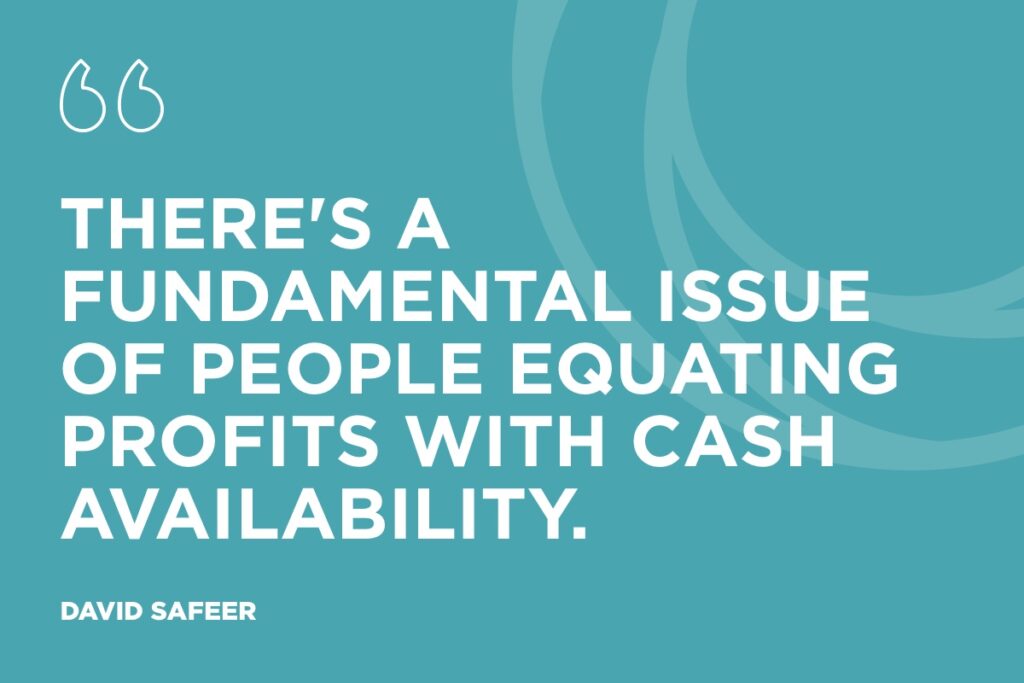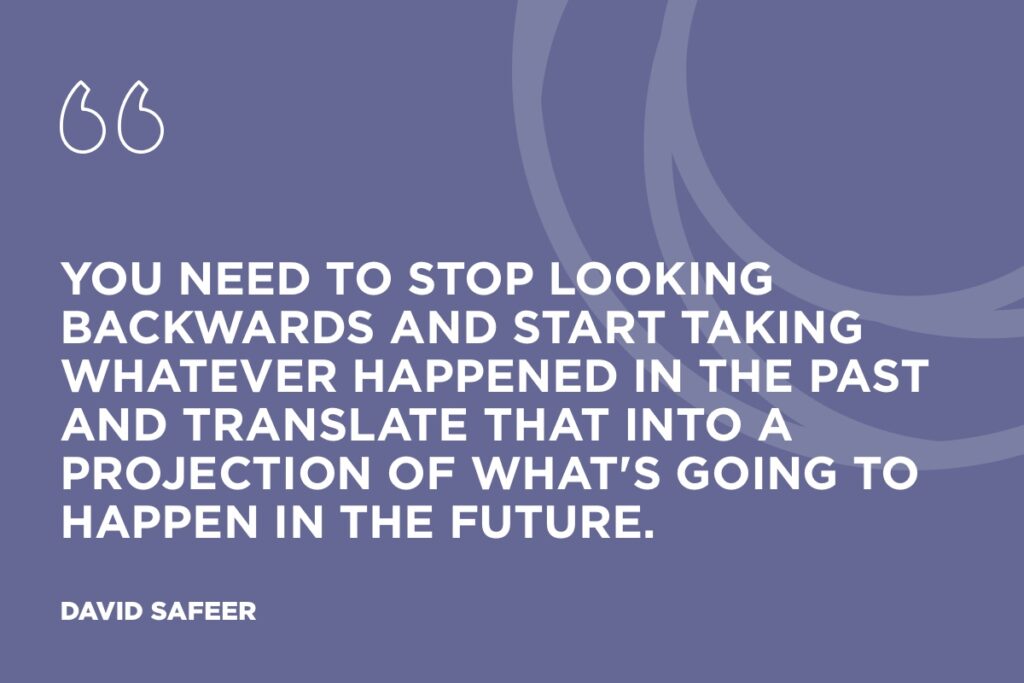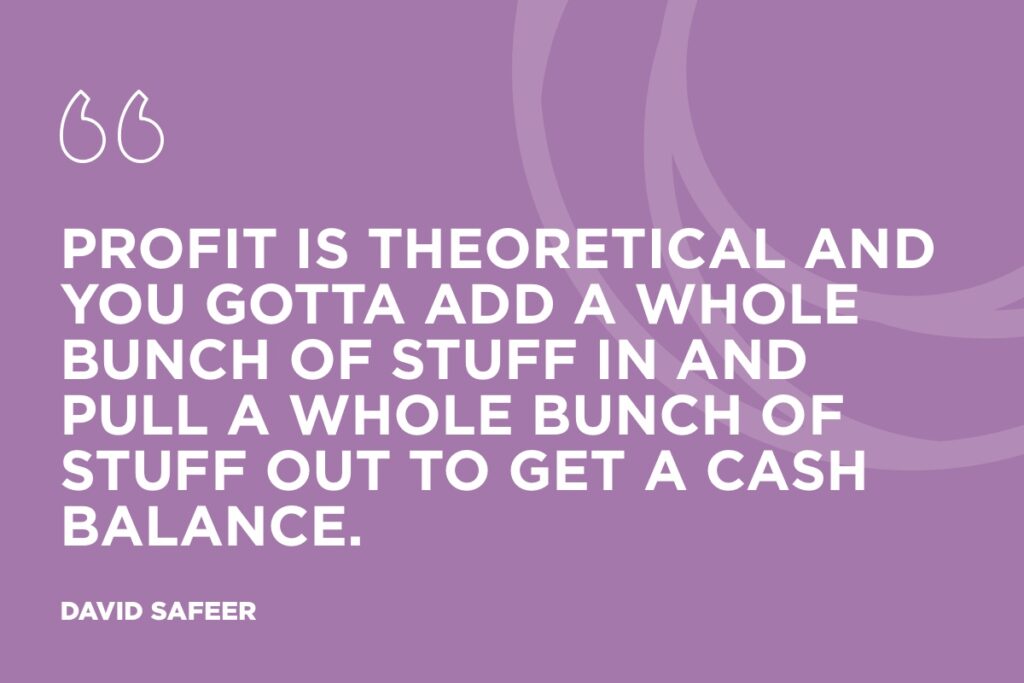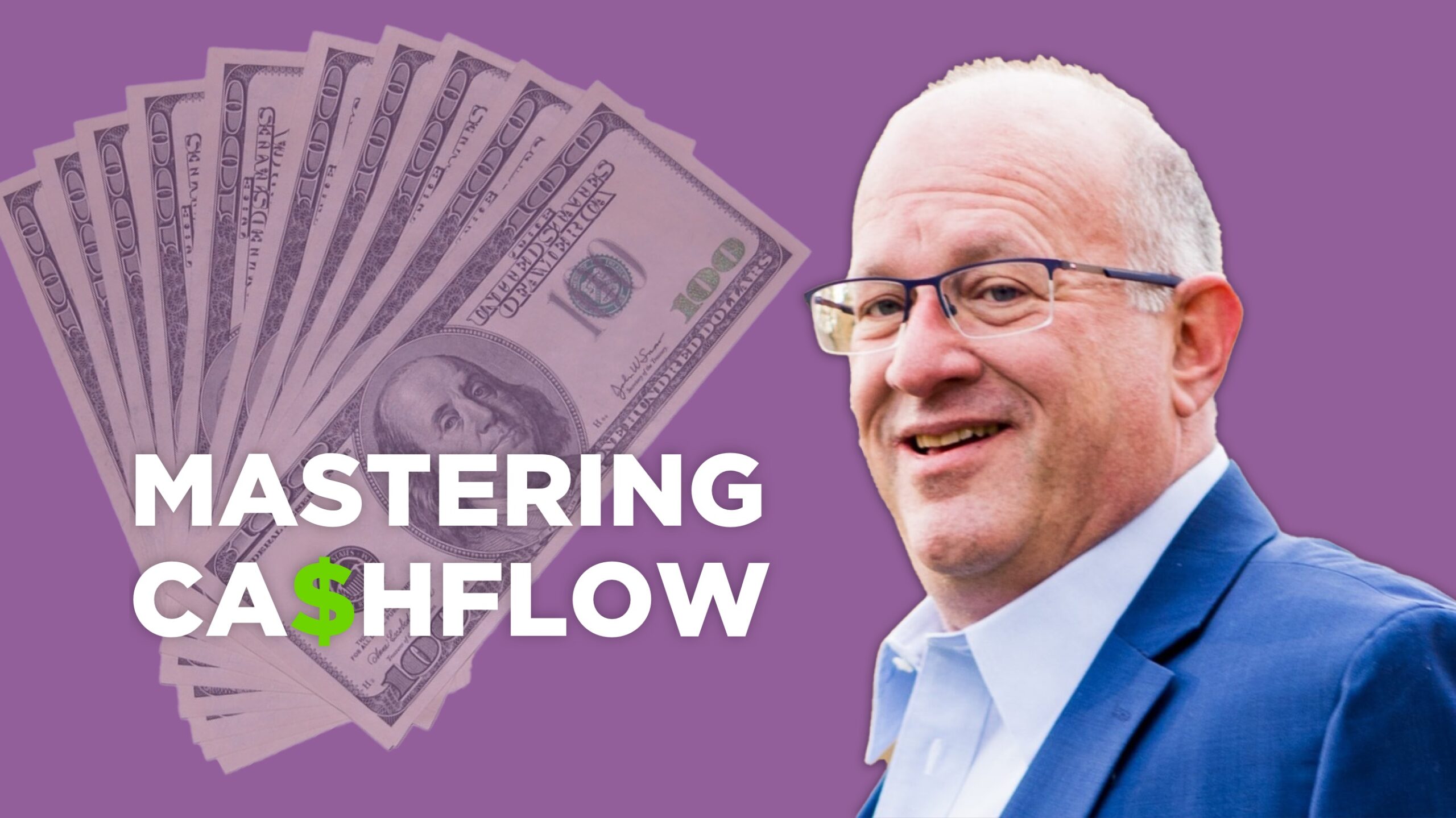In this episode of the “Scale Your Small Business” podcast, host Jillian Flodstrom interviews David Safeer, a leading expert in cashflow optimization. David is the founder of David Safeer International, an education and advisory company that helps small businesses optimize their cashflow and improve profits.
David shares his background in general management positions and highlights the lack of emphasis on cashflow in large corporations. He began consulting in 2018 and realized that many businesses faced cashflow problems regardless of their size or industry. Frustrated with generic advice on improving cashflow, he started developing his own strategies and tactics, eventually compiling over 200 different approaches to managing and improving cashflow.
One common mistake David addresses is the misconception that profits equate to cash availability. He explains that while a business may be profitable, it can still experience cashflow issues due to accrual-based accounting and other factors. He emphasizes the importance of understanding the difference between profits and cashflow to avoid mismanagement.
Another challenge David highlights is the use of complex vocabulary and terminology in financial discussions, which often leaves business owners feeling overwhelmed and confused. To address this, he and his wife, Lisa, edit and rewrite their content until it is easily understandable to the average person.
When discussing how businesses can improve their cashflow, David emphasizes the need to shift focus from looking backward to projecting future cashflow. He recommends creating cashflow models that translate past data into future predictions. He also advises conducting weekly or even daily cashflow analysis to have a more accurate and timely understanding of cash inflows and outflows.
David suggests having multiple bank accounts to manage cash effectively. He recommends at least two accounts—one for accumulating cash for expenses like taxes or insurance and another for day-to-day transactions. He also discusses the importance of incorporating technology into cashflow management. He suggests using a business bank account that allows limited access for other individuals like bookkeepers or accountants, with customizable permissions and approval processes.
The conversation concludes with Jillian expressing appreciation for David’s practical and straightforward approach, which makes cashflow management less daunting for business owners.
Overall, this podcast episode provides valuable insights and actionable advice for entrepreneurs and small business owners looking to optimize their cashflow and improve profitability. David Safeer’s expertise and experience in cashflow optimization offer practical strategies to overcome common challenges and achieve financial success.
Adam emphasizes the importance of understanding the financial aspect of running a business. While it’s essential to have a bigger vision and make an impact, profitability is crucial for sustainability. Without a clear understanding of whether a business is profitable and why, it won’t last long. Adam compares it to playing a basketball game without knowing how to score points. To ensure viability, sustainability, and long-term success, Clever Profits helps clients understand their finances and make informed decisions.
Adam highlights that business owners can start working with Clever Profits at any stage, not just when starting a business. Their services help develop financial models, projections, and evaluate the effectiveness of business activities. They emphasize the need for a financial system to organize and sort data, enabling objective evaluation of business performance. By using the same platform and format for both measurement and forecasting, clients can make better-informed decisions and improve their business outcomes.
Jillian and Adam discuss the importance of utilizing existing systems to their fullest potential rather than adding more tools. They mention the power of accounting software like QuickBooks or Xero, which can be leveraged effectively for financial management. Instead of viewing it as a burden, small business owners can optimize these tools to gain valuable insights.
Budgeting and forecasting are crucial aspects of financial management for small businesses. Adam suggests shifting the perspective from “budgets” to “forecasts and projections.” They introduce the concept of the Perfect P&L, a framework that helps construct an ideal profit and loss statement. By aligning the business owner’s goals, aspirations, and historical data with this framework, Clever Profits can create realistic projections and identify the gaps. Through ongoing analysis and measurement, they work with clients to close those gaps and continually improve business performance.
Jillian acknowledges that small business owners often struggle to find time to focus on financial management amidst their daily responsibilities. Clever Profits aims to help remove the noise and guide service-based businesses through specific financial challenges. While the discussion primarily focuses on service-based businesses, the principles discussed apply to other business types as well.
Overall, this episode emphasizes the importance of understanding and managing the financial aspect of a small business. Clever Profits provides fractional CFO services to help small business owners achieve profitability, make informed decisions, and drive growth. By utilizing existing systems effectively, implementing forecasting and measurement processes, and working towards closing performance gaps, small business owners can increase their chances of long-term success.
Where to Find David:
Show Notes





